- For information on mentions of Star Trek in fiction, see: Star Trek within Star Trek.
Star Trek refers both to the Star Trek universe media franchise and to the originating program, Star Trek: The Original Series (a.k.a. TOS). In addition to the canonical television shows of over 700 episodes and 12 films, the fictional universe is comprised of approximately 500 novels, 450 short stories, 800 comics, and 200 video games, plus various reference materials, roleplaying game books, and Star Trek Online virtual episodes, for a total of over 2,700 stories, along with many hundreds of collectibles.
Star Trek series
History of the franchise
The first Star Trek episode; The Cage, was filmed in 1964 (but not actually aired until 1988). However no episodes of Star Trek were aired until the 8th September 1966 when, after the filming of a second pilot; Where No Man Has Gone Before, the NBC network began to air episodes starting with The Man Trap.
The Original Series
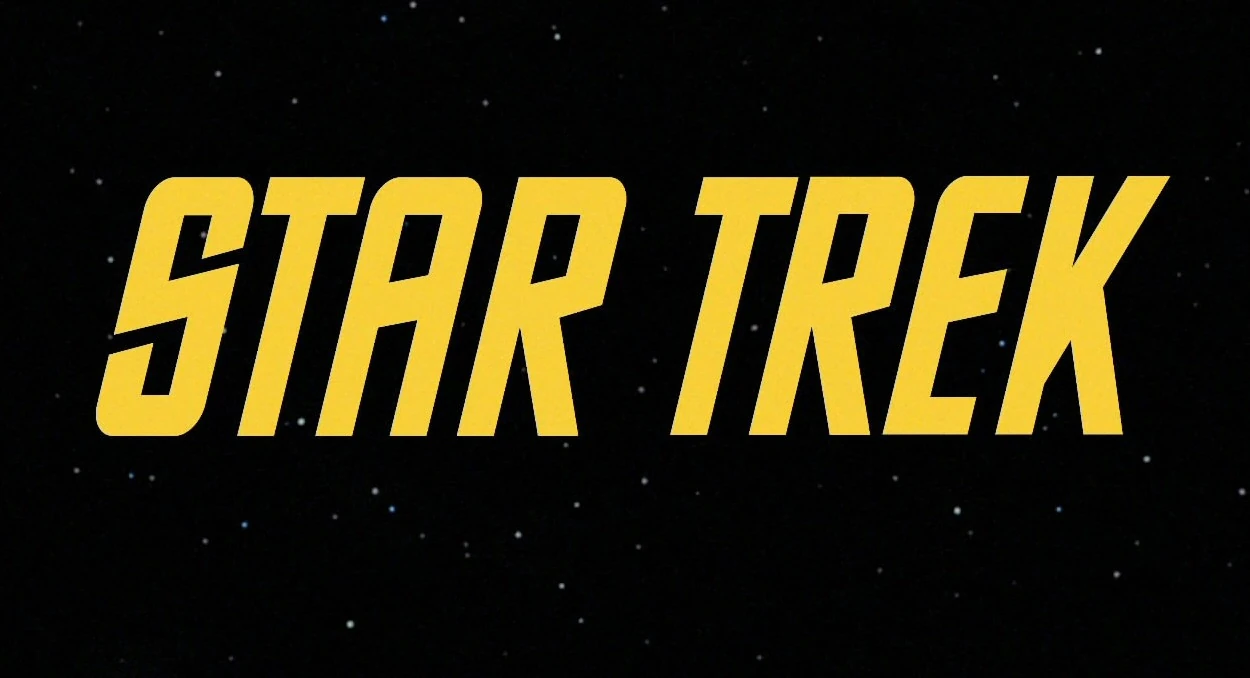
Star Trek (now titled Star Trek: The Original Series to differentiate it from the franchise at large) ran for three seasons (1966-1969), almost only two but thankfully a letter writing campaign persuaded NBC to commission a third.
Despite its short life as a television series Star Trek had developed strong fan base. In 1967 Bantam Books began to publish novelizations of the episodes and later in 1970 published its first original novel, Spock Must Die!. However, it was not the only publisher granted the Star Trek license, Western Publishing was actually the first company to publish an original Star Trek work when in 1968 it published Mission to Horatius. Western was also the first company to publish Star Trek comic under its Gold Key Comics division. The comics line started in July 1967 with The Planet of No Return, and continued until March of 1979.

In 1973, NBC began to air new Star Trek stories in Star Trek: The Animated Series (also originally entitled Star Trek). The series ran for two seasons with 22 episodes which were written by many of the writers of the live action series and featured the voices of much of the original cast reprising all the original characters except for Pavel Chekov as well as the return of a number of guest characters. Following TAS Ballantine Books, like Bantam before, published a series of novelizations written by Alan Dean Foster.
In 1979 the first Star Trek film was released Star Trek: The Motion Picture. The year also saw the comics license being taken over by Marvel Comics starting with a comic adaptation of the film. Similarly the novel license was taken over by Pocket Books (part of the franchise owners at the time Paramount Pictures) who also started with an adaptation of The Motion Picture and continue to publish Star Trek works to this day.
Five more Original Series movies were created between 1982 and 1991 and in 1984 DC Comics took over the comics licence.
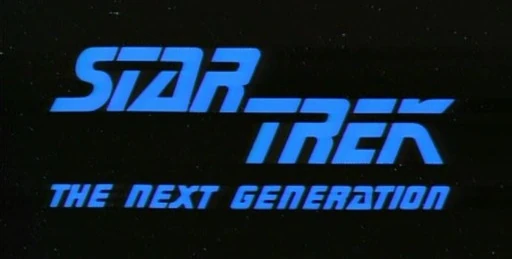
The Next Generation
In 1987, Gene Roddenberry, the creator of the Original Series moved the franchise forward a century and began Star Trek: The Next Generation (1987-1994). The novel and comic publishers quickly began to produce new works based on the new series, whilst continuing production of Original Series works.
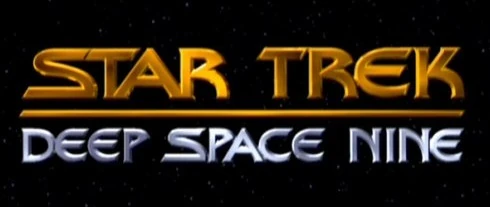
In 1993, a second spin-off series began; Star Trek: Deep Space Nine (1993-1999). Unlike the previous series, DS9 was set on a space station and developed into a far more interconnected series due to this not having so much opportunity to boldly go and find an alien of the week. Whilst DC Comics continued to published TOS and TNG comics a new publisher Malibu Comics was granted the license to produce DS9 works.

In 1995, following the final season of TNG, another spin-off was launched; Star Trek: Voyager (1995-2001), set on a starship once again but this time on the other side of the galaxy boldly returning home. Also in 1995 Marvel comics purchased Malibu comics and took over the Star Trek comics license from DC. In 1996 Marvel launched the first non-TV series, Star Trek: Starfleet Academy, and a year later in 1997 followed with another series based on the adventures of the crew from the original pilot episode in Star Trek: Early Voyages. Also that year Pocket Books began the first original novel series Star Trek: New Frontier written by Peter David. In 1998 Activision obtained a ten year license to produce Star Trek Computer games, and in 1999 WildStorm Comics took over the Star Trek comics license.
A New Era
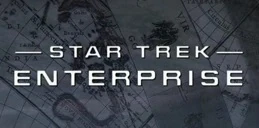
In 2000, Pocket Books began a second book only series Star Trek: Starfleet Corps of Engineers but in a whole new format, the series is released as eBooks. The following year Pocket Books launched another new adventure; following the end of Deep Space Nine's televised adventures in 1999 Pocket Books relaunched the series in novel form. Also this year Voyager finished her journey home and a new TV series; Star Trek: Enterprise was launched in 2001. In 2005, due to low ratings, Star Trek: Enterprise was canceled after only four seasons. Finally for the first time since 1967, as WildStorm's license lapsed, in 2002, there was no publisher of Star Trek comics.
In 2002, another novel series began; Star Trek: Stargazer chronicling Jean-Luc Picard's first command. The year also saw the release of the tenth star trek movie; Star Trek Nemesis. Meanwhile Enterprise was struggling to produce the desired ratings and in 2003 Activision pulled out of its license to produce Star Trek games, claiming the franchise was stagnating and incapable of supporting new game production. However not all was failing, yet another novel series Star Trek: IKS Gorkon was also launched in 2003.
Fatigue and reawakening
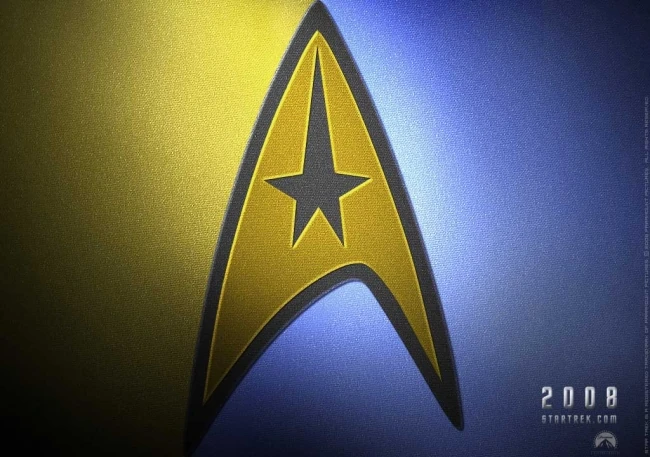
In 2005, despite two relaunches of the series, Star Trek: Enterprise was canceled. In 2006, the franchise owner Paramount was split in two entities, with ownership of the franchise being transferred to CBS Paramount Television with Paramount Pictures retaining a license to produce new films.
The year 2004 saw TOKYOPOP take on a license to produce Star Trek Manga and 2005 saw the launch of two new spin-off book series Star Trek: Titan and Star Trek: Vanguard.
In 2006, The Original Series' 40th Anniversary year, Bethesda Softworks announced it had taken on the Star Trek games license, and Paramount Pictures revealed an eleventh Star Trek film was in production. Further, Star Trek did make its return to TV in Star Trek: Remastered, Original Series episodes reinvigorated with the original footage restored to its full glory and brand new CGI special effects.
The 20th Anniversary of Star Trek: The Next Generation, in 2007, began with IDW Publishing buying the rights to make Star Trek comics again, starting with The Space Between. In September, Pocket Books began a new series of The Next Generation books following the events of Nemesis.
IDW expanded its Star Trek works in 2008 to include a New Frontier mini-series Turnaround scripted by Peter David, in addition to comics focusing on alien species and fan-favorite characters like Number One and Gary Seven. The new Star Trek film was rescheduled to summer 2009, making the big event of late 2008 the trilogy Star Trek: Destiny, which depicted a massive Borg Invasion of the Federation, ending with the elimination of the cybernetic race.
J.J. Abrams' Star Trek opened on May 8, 2009, and quickly became the most successful film in the franchise's history, making certain that a sequel would follow before long. IDW created a prequel miniseries to the film, in addition to a comics adaptation. Pocket Books also announced four novels to take place in the universe of the new film, but in early 2010, these titles were postponed indefinitely, creating several gaps in their release schedule. Early 2010 also saw the return of DS9 to the comics pages, with the IDW mini-series Fool's Gold.
With new comic and novel series continuing both in the "relaunched" TNG era as well as the milieu of the J.J. Abrams productions, Star Trek Beyond has led to the 50th anniversary of the franchise in 2016, with new international novels of the Star Trek: Prometheus series and a new television series, Discovery that premiered in 2017.
Appendices
Connections
| Media | ||||||
|---|---|---|---|---|---|---|
| Episode | Movie | Book | Game | |||
| Novel | Comic | Anthology | Reference | |||
| Novelization | Manga | Omnibus | RPG | |||
| eBook | Audiobook | Miniseries | Duology | |||
- See also
External link
- Star Trek article at Memory Alpha, the wiki for canon Star Trek.
- Star Trek article at Wikipedia, the free encyclopedia.